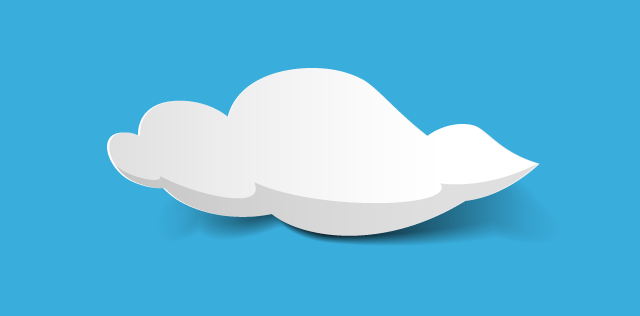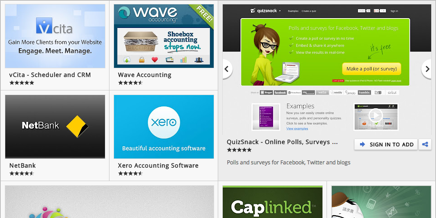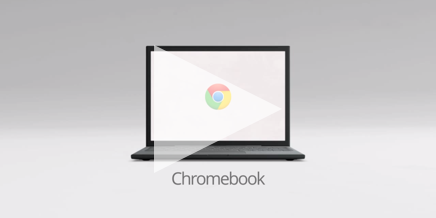
The all too familiar saying of ‘having your head in the clouds’ was once an unfortunate state of affairs but is it now getting redefined as the smarter way to do business?
You may have come across references to, or heard someone mention ‘The Cloud’ or ‘Cloud Computing’ over the past few years or even if you haven’t, chances are you’re already making use of services that run on the Cloud.
So what is The Cloud?
The Cloud is an abstract term used in the IT industry to refer to a few different things. But loosely speaking it refers to the Internet or a private network of computers and devices and using The Cloud is to provide a digital service over the Internet or private network of computers and devices.
For example, when you use Google to search for something or you use Internet banking to transfer funds you are making use of a service that is running on The Cloud. Those are probably the most obvious and common examples of services on The Cloud but they are really just the tip of an enormous world of options. Options that are becoming increasingly important in our world today and none more so than in the workplace.

Websites, web apps, mobile apps and desktop software can all have shared access to services and storage that
are in The Cloud. Some great examples of Cloud services that I use every day for my business are:
Google Apps
to provide email accounts for the domain name moonbuggymedia.com, as well as synchronised calendars, documents
and spreadsheets that can be accessed from any computer or mobile device connected to the Internet with the
right authorisation;
Xero online accounting software to track
and manage business finances, again from any computer or mobile device; And to send email to my clients mailing
lists I use the Campaign Monitor web app.
All these Cloud services are used by hundreds of thousands of organisations (or millions in the case of Google Apps) around the world already so they are by no means industry secrets and there are many more great examples out there such as Evernote, Google Chromebooks / Chrome Web Store & Apple iCloud services.
Is The Cloud here to stay?
As much as there are also plenty more gimmick apps and poor cloud services out there it is fairly clear that we are now past the infancy of Cloud services. With large scale investment into server data centres, the foundational building blocks of The Cloud, by the likes of Amazon, Apple, IBM, Google, Microsoft and many other global companies, it now sets the stage for a greater Cloud infrastructure to be built upon by those willing to embrace the future.
So what are the benefits to doing business on The Cloud?
- Greater accessibility across mobile devices, tablets, computers and global coverage
- Sharing of the latest business info between all interested parties eg. business employees and accountants using a shared online accounting system
- Seamless data synchronisation between all your devices and computers
- No more expensive upgrades or battling with out of date software as the majority of Cloud apps these days run all key components in The Cloud which is automatically maintained and upgraded by the service provider. Software As A Service (or SaaS) has turned software from an off-the-shelf product to an on-going service that is paid for by much cheaper regular payments
- No more getting forced to continually buy newer computers to be able to run the latest software upgrade as key software components run in The Cloud. This makes better use of the existing investment a business has made in computers and other devices
- Lower overall costs - up-front and on-going, through economies of scale which are spreading the costs over a larger group of users who are sharing the same infrastructure that is continually being put to use
- High reliability / less frequent down time - faster response time to system problems by a dedicated support team
- Backups, data recovery and system security handled at an enterprise level without requiring you to have an enterprise size business
- In the case of losing a computer or entire office you can be up and running on another computer or in another location almost immediately
Doing business on The Cloud also has the following manageable risks:
- Services are reduced while there is no Internet / network connection - but is a minimal risk as Internet connectivity is fast becoming as important as electricity or water
- Security and privacy of valuable information - can you trust your service provider
But if these risks are well managed then the benefits and opportunities go way beyond what a traditional IT infrastructure ever could achieve especially in the start-up and small to medium sized stages where in-house enterprise level solutions aren’t a feasible option.
Examples of doing business on The Cloud
Here are just a few great examples of doing business on The Cloud that can now be implemented by any size organisation:
- Using tablets on a shop floor to place orders & check inventory
- Always having access to your corporate database or CRM from any location
- Invoicing from your mobile device while out of the office
- Collaborating with colleagues while working in different locations and timezones without worrying about having the latest version of a document or spreadsheet or even compatible versions of software
- Ordering your morning coffee on your way to work using a mobile app so that it’s ready by the time you go past your local café
- Re-purposing out of date desktop computers by reinstalling them with a basic version of Ubuntu Linux OS (free and open source) and have staff complete most of their work using Cloud apps through a modern web browser such as Chrome
- Or purchase cost effective Chromebooks / Chromeboxes and work on a fully integrated Cloud based system

The video to the left is a short promo video released by Google to introduce Chromebooks, their new range of purpose built Cloud based computers. Chromebooks are designed to start-up and connect you to the web fast where you can do everything using Cloud hosted apps. All your documents and data are stored on The Cloud in real-time which means that even if you lose or damage your Chromebook you won’t lose your documents and data. Simply pick up another Chromebook and continue on where you left off.